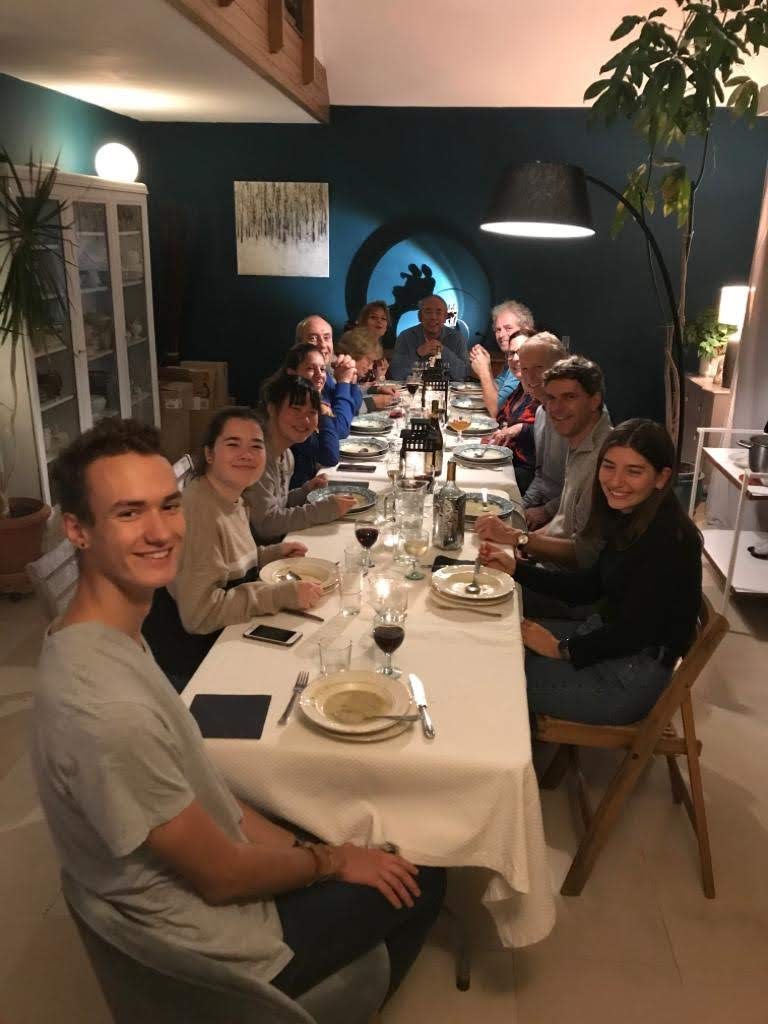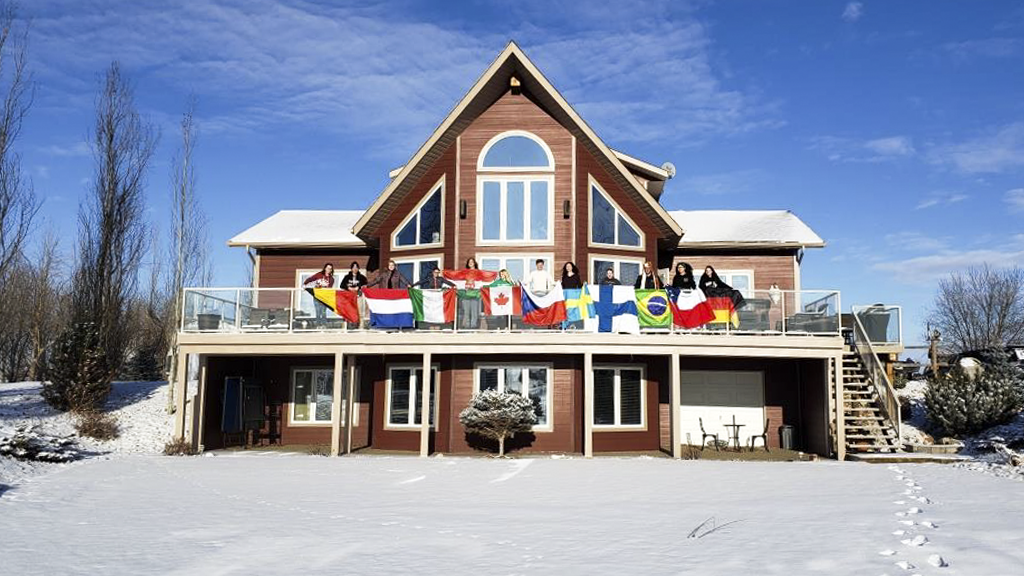 |
| |
Becoming a Host Family

OPENING YOUR HEART AND HOME
Have you ever dreamed of exploring another culture? Language? Customs? By hosting a Rotary Youth Exchange Student for 3 to 4 months you can expose your family to another culture without ever having to leave home!
Without the willingness and sincerity of families who have opened their hearts and homes to students they have never met, the Rotary Youth Exchange Program would not exist. In an ever-changing world, it is important that we expose our children, our students and ourselves to areas and people unlike us—it’s how we open our eyes to a global community that shares the same hopes and dreams that we do.
In the landscape of today, adults and children alike must learn about others and reaffirm their faith that people from all over the world are good. What better way to do that than becoming a host family?
Becoming a Host Family
The Exchange is Truly Mutually Rewarding
First Step
Early Days
Family Adjustments
- Any food issues or concerns » Individual responsibility for household chores
- Normal routines – meal times, bedtimes, study hours, regularly scheduled activities, etc.
- Curfews and keys
- Emergency contacts (both whom to call and what constitutes an “emergency”)
- Local transportation
- Religious preferences or services
School
Rotary exchange students are expected to enroll in an appropriate school full-time. Your sponsoring club will have made the necessary arrangements and paid any tuition or fees, but it is your responsibility to help the student take full advantage. Ironically, this often means counselling a student not to over-enroll in academic courses. A balance of academic and extracurricular activities will usually provide the best exchange experience. Feel free to call on the school’s guidance counsellors if you need help.
Language
Homesickness
Changing Host Families
Rotary Expectations

Application Process
- completing an application and providing 3 references
- completing a Police Background Check
- Interview and home visit by Rotarians Hosting the Inbound student
- orientations on expectations and responsibilities
Some misconceptions regarding Hosting:
|
(password protected) - login to District website - go to Organization/District Committees, follow the RYE link
|
|
|
Contact RYE Committee by email: Click Here
CLUB MEMBERS: For Club Documents regarding Youth Exchange, login to District 5360 website - www.Rotary5360.ca, Member area - Organization/District Committees/Standing Committees - password required
|
.png)












